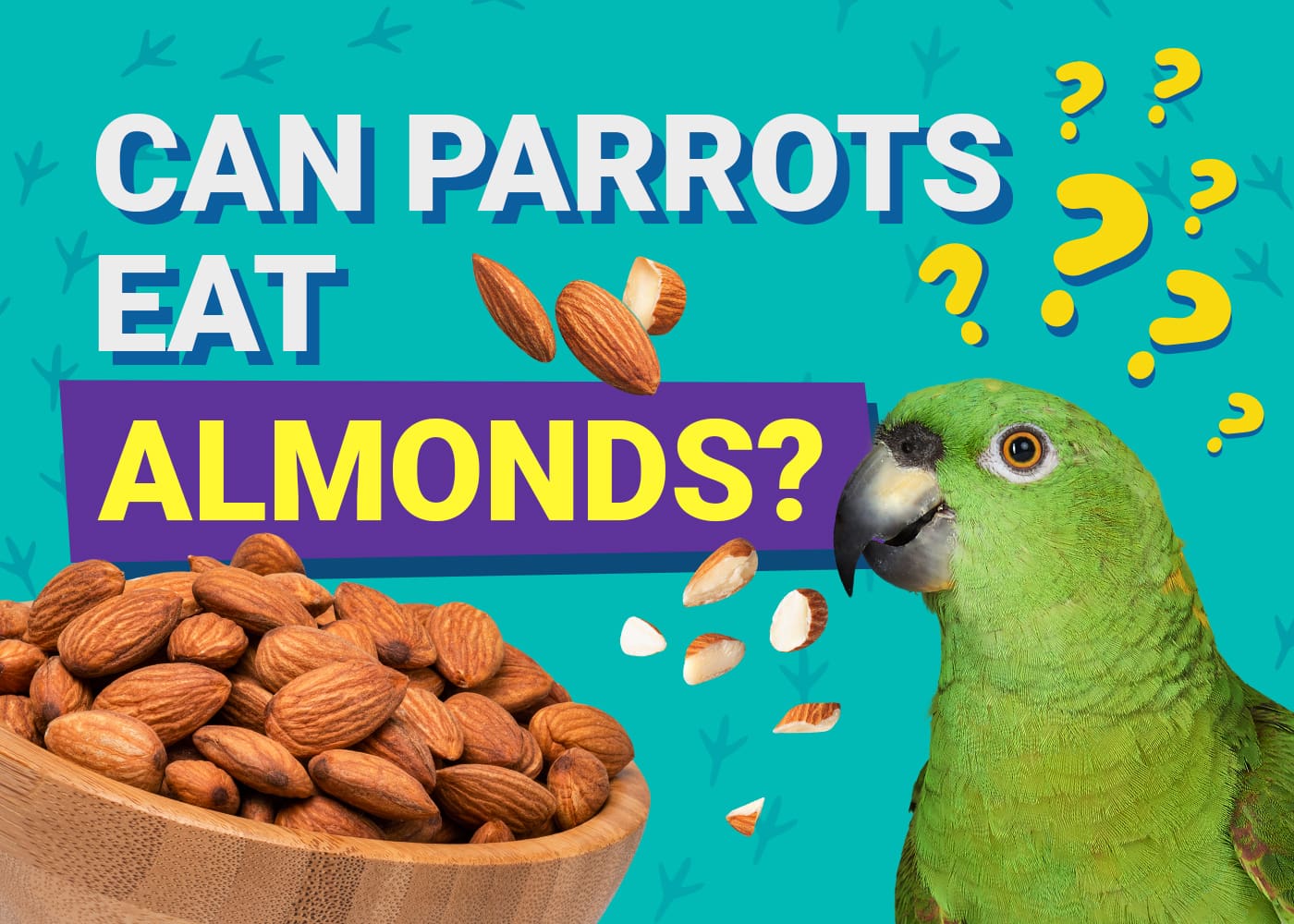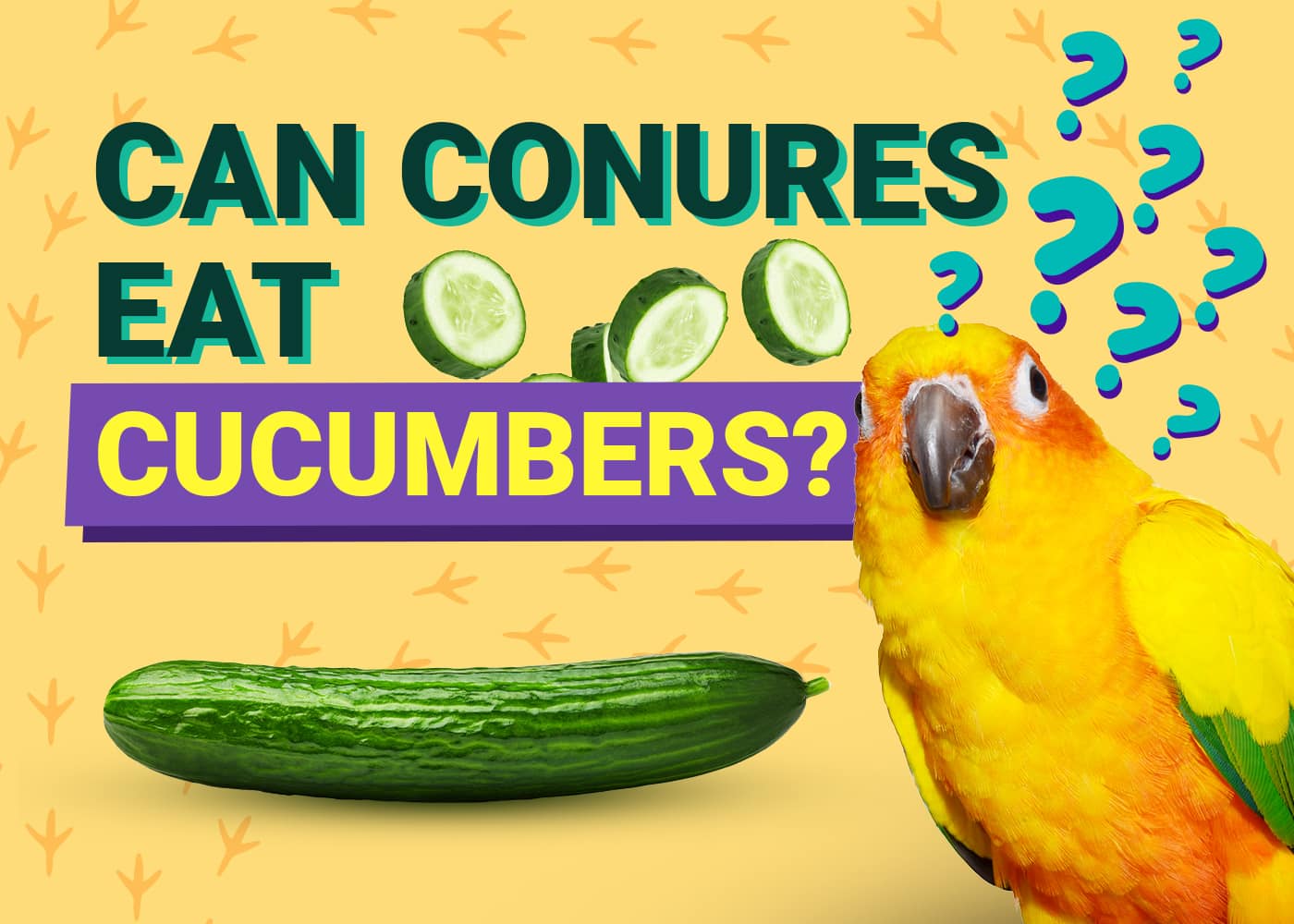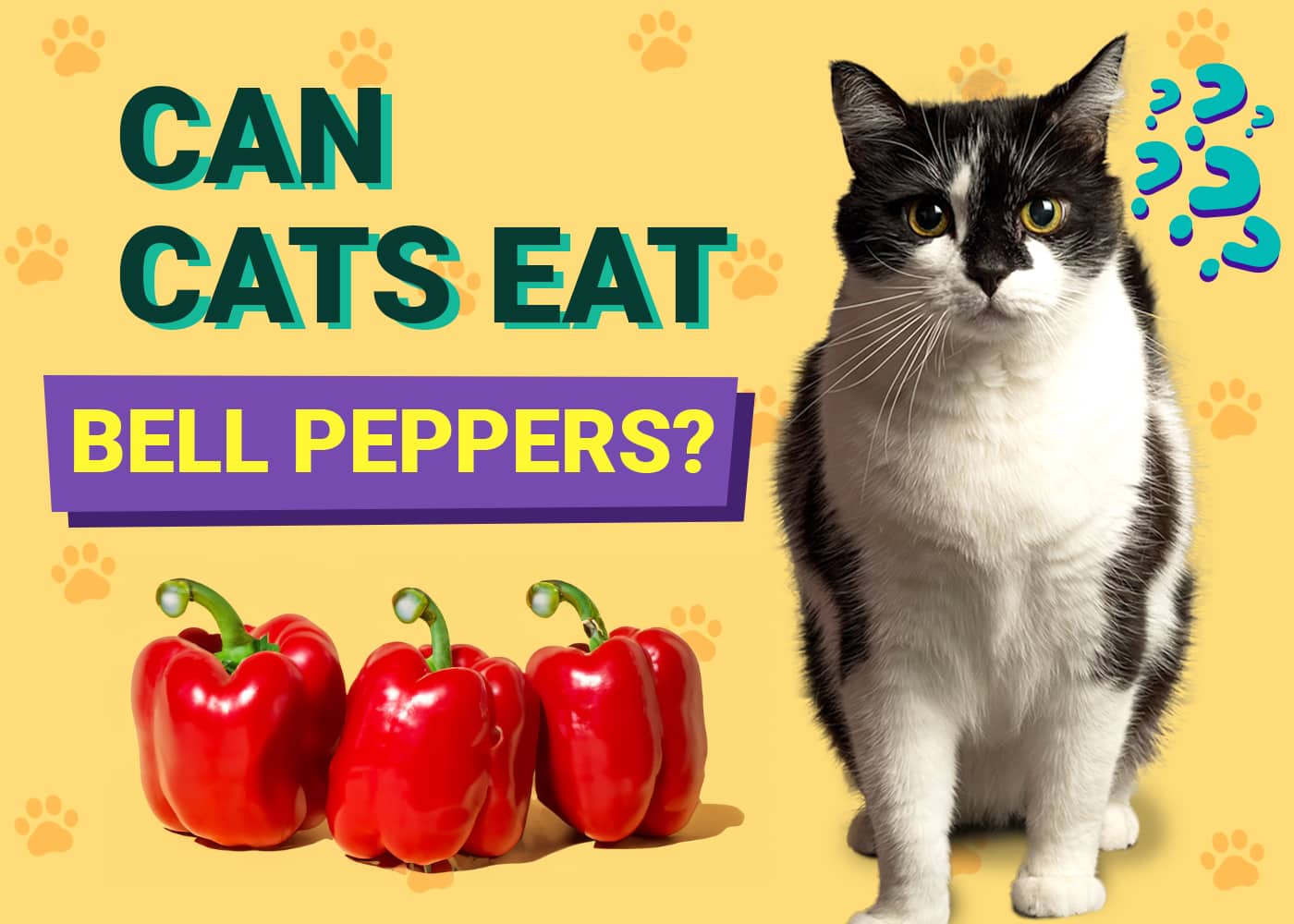Seed mixes and nuts are common treats for pet parrots of all sizes, and many parrot species may even have access to nuts in their natural habitat. Nuts are a great source of protein, vitamins, and healthy fats for parrots in the wild, and it makes sense to give your pet parrot access to these beneficial nutrients too. But what about almonds? Are almonds safe to give to your parrot?
The answer is yes; almonds are a great treat to give to your parrot! Almonds should only be given in moderation as with any nuts, though, due to their high-fat content. Raw or roasted almonds are great treats for your parrot and may even have great health benefits.
In this article, we look at the potential health benefits of giving almonds to your parrot and a few concerns to be aware of. Let’s dive in!
This article is primarily focused on the sweet almond of the tree Prunus amygdalus, syn. Prunus dulcis. Some almond trees produce a bitter almond, which possess much higher levels of potentially toxic substances (which we will explain in this article as well). All commercially grown almonds sold as food in the U.S. are sweet cultivars. We do not encourage or advise offering your pet bitter almonds.

All About Almonds
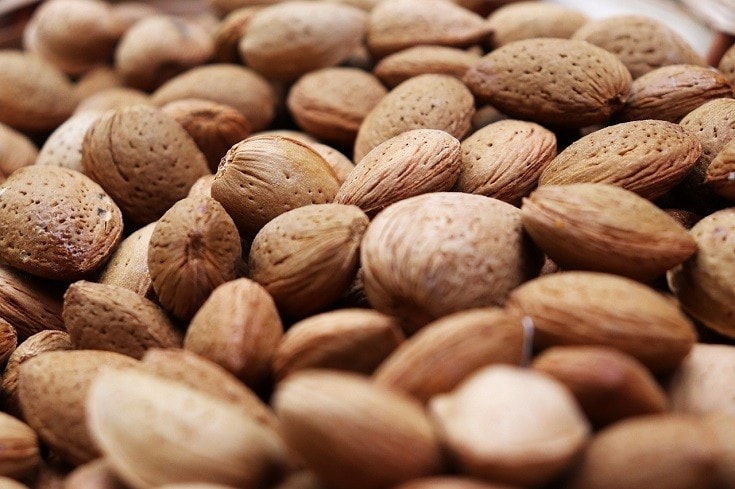
The almond tree’s origin is controversial due to estimates of its emergence across wide geographic regions. It may have originated in areas occupied by present-day Iran, Turkmenistan, Tajikistan, Kurdistan, Afghanistan, Iraq, Uzbekistan, or regions between these countries. It has been cultivated since as early as 3000 B.C.
While they are often referred to as nuts, almonds are not actually nuts in the true sense of the word. They are the drupe seeds of the fruit of the almond tree. Similar to other drupes, like peaches and plums, almond fruit has a fleshy exterior with a pit containing the almond seed inside.
Almonds are popular in the health food world and can be used raw, roasted, and soaked. They can even be used to make delicious vegan milk.
Potential Health Benefits of Giving Almonds to Your Parrots
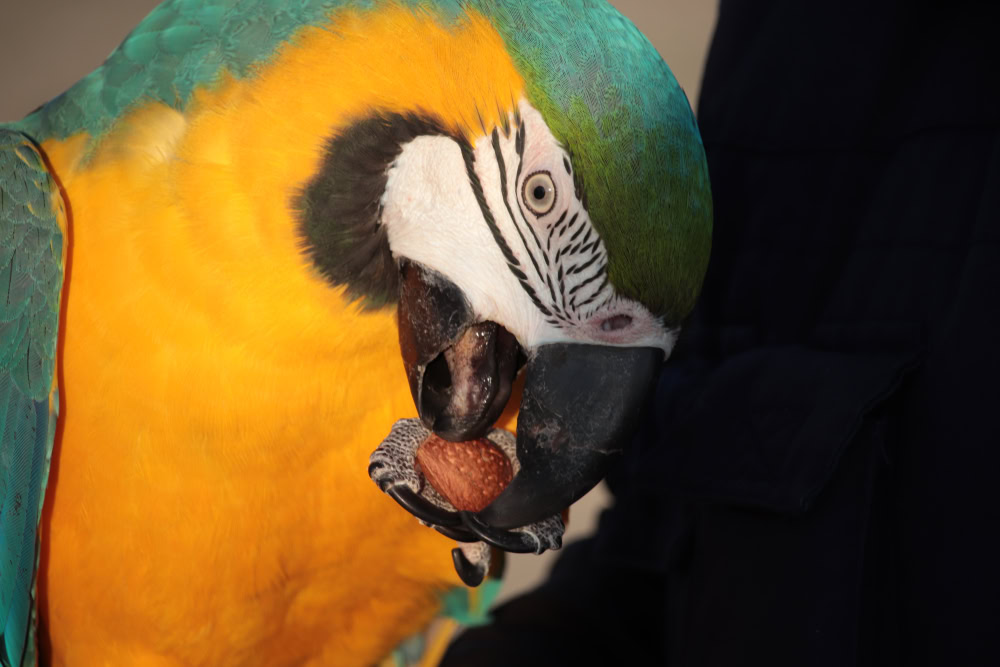
Since raw almonds are among the most nutrient-dense nuts around, they can have various potential health benefits for your parrot. The main benefit of almond nuts is their high amount of energy; roughly half of an almond is fat – making it very calorie dense.
Most pet parrot species benefit from a diet that consists of around 10–20% protein, which in the wild, can come from a variety of sources. Almonds contain a respectable amount of protein. However, they are a poor source of protein when compared to pellets, as their fat content is far too high to be offered to your pet as a primary source of protein.
Are Almonds Dangerous for Parrots?
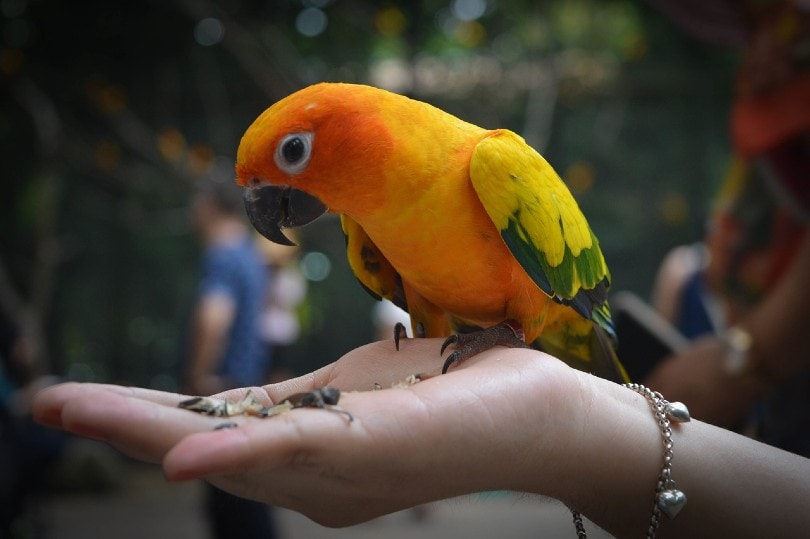
For the most part, almonds are perfectly safe to feed your parrot. However, moderation is key because almonds are high in fat, too much of which can cause obesity and several other health issues for your parrot. Also, while raw or roasted nuts are best, even these may have additional flavors, preservatives, or added oils, so be sure to carefully read the ingredient list and make sure the nuts that you feed your parrot are completely raw and unflavored.
Lastly, there are actually two varieties of almonds: sweet and bitter almonds. Bitter almonds contain 42 times higher amounts of cyanide than the trace levels found in sweet almonds. Though toxicities of bitter almonds are not reported in pet parrots (presumably because most countries have regulations on which cultivars can be marketed to consumers), the risk of high amounts of cyanide in bitter almonds means that you shouldn’t offer them to your parrot if you do happen to live an area where you can procure them.
How Should You Feed Almonds to Your Parrot?
For large parrots, such as African greys or macaws, one or two raw, unflavored almonds per day is plenty. This will be enough to give them health benefits without too much worry about excess fat intake. Smaller birds will naturally need fewer, but for any parrot, it’s best to consult your veterinarian for a more precise guide. Keep in mind that depending on your parrot’s species, age, sex, and life stage, their nutritional needs will be quite unique; as such, you should always consult your veterinarian for an accurate assessment of your pet’s needs.
Raw almonds are best, but your parrot will likely enjoy roasted almonds too, although they will be less nutrient-dense than raw almonds. Some large parrots will enjoy almonds in their shell, as they can crack them open with their powerful beaks, but shelled almonds are best for most parrots. For smaller parrots, soaking almonds overnight will soften them a bit, making them far easier to eat. However do note that some smaller parrots may not have a preference for softer almonds, either. It takes some trial and error to figure out what your pet’s exact preferences are.

Other Nuts to Give Your Parrot
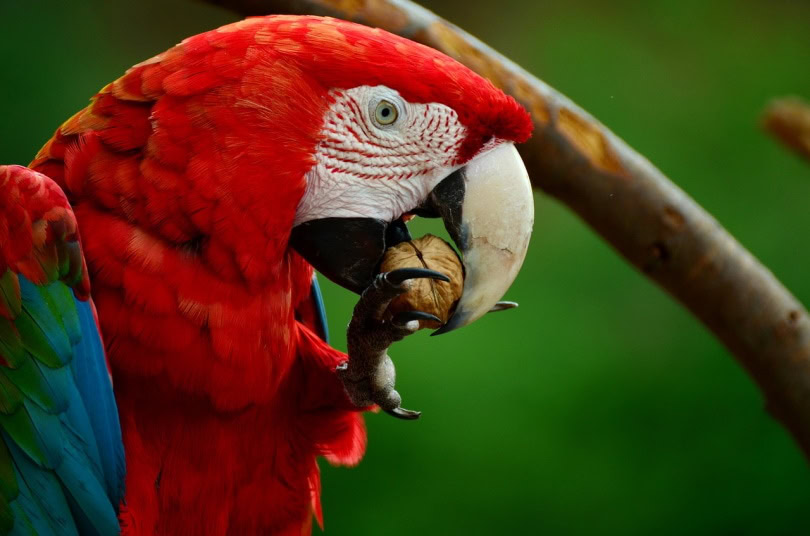
Various nuts are good for parrots and easy to find, and your parrot will love them! Most nuts are fairly high in fat, though, so they should be given in moderation only. Also, all nuts should preferably be raw, unsalted, and unflavored. Other nuts that are safe to give to your parrot include:
Final Thoughts
Parrots can most certainly safely eat almonds, and they’ll love them too! Almonds have several potential health benefits for your parrot as well. As with any nuts, though, moderation is key because almonds are fairly high in fat.
If offered to your pet parrot in moderation, almonds are often a welcome addition to their diet. We recommend reaching out to your veterinarian for more information about a nutritional plan tailored to your pet’s needs.
- You may also like to read: Types of Macaw Hybrids & Crossbreeds (with Pictures)
Featured Image Credit: FrancescaO.ph, Shutterstock
